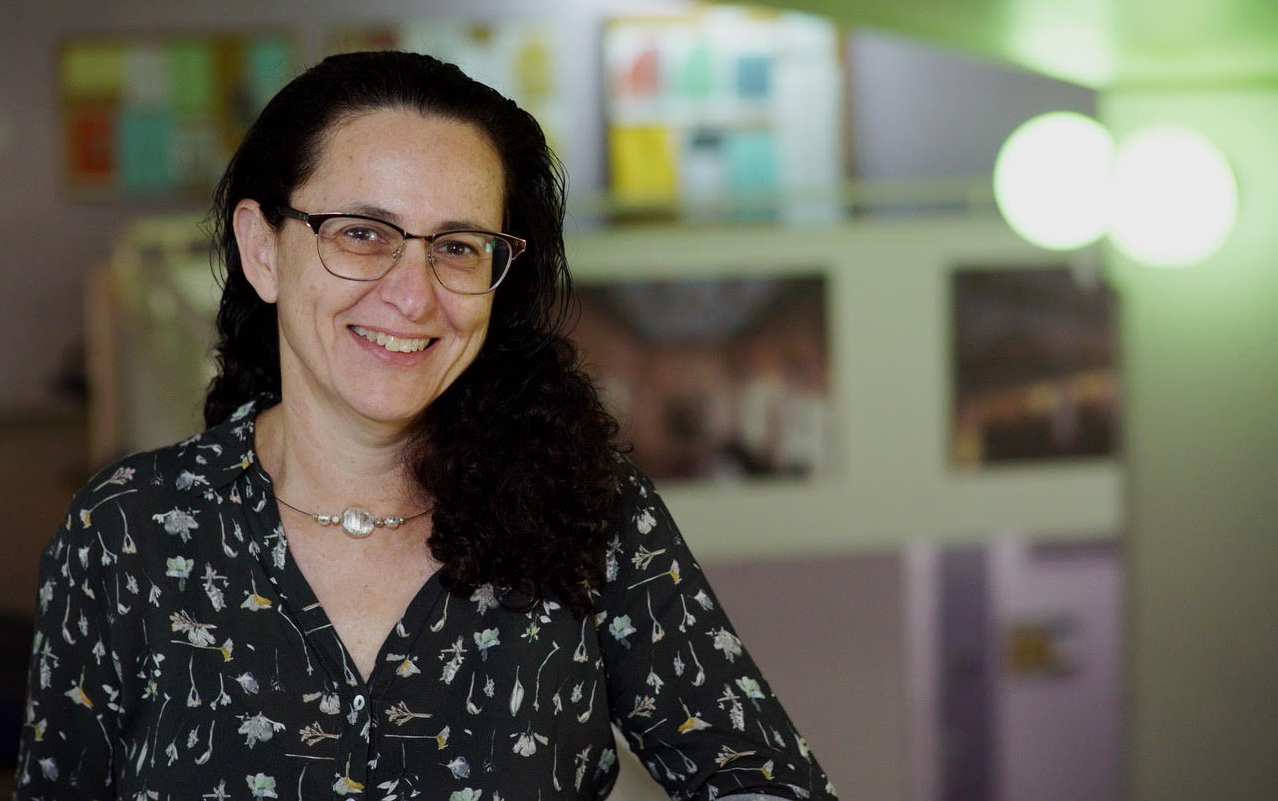Research seminar by Roni Granot: Music Cognition at the Hebrew University of Jerusalem
Research seminar by Roni Granot: Music Cognition at the Hebrew University of Jerusalem
Thursday March 16th, 2023 at 11h in room 55.410 (Universitat Pompeu Fabra)

Music Cognition at the Hebrew University of Jerusalem: Some Projects and Challenges
Roni Granot, head of the MusicogLab at the Hebrew University of Jerusalem, Israel (HUJI)
Abstract:
The philosophy in our Lab is to follow the passions of the students. Therefore, over the years we had very different projects. In my talk today I will focus on three bigger projects, each posing challenges that I hope might interest this group.
1. Extending our understanding of concepts and processes relevant to Western music and musicians to No- Western populations – specifically Israeli Arabs/Palestinians. I will present a first study asking about sensitivity to the percepts of consonance and dissonance (C/D) and to simple Harmonic cadences. These (including C/D) however, rely heavily on familiarity, which depends on exposure. Can we understand better what is the corpus our participants listen to and figure out the statistics of the percepts the sensitivity to which we wish to explore?
2. Cross-modal Associations: Sound is rarely heard unrelated to other sensory input. Hence hearing sound could invoke representations (ranging from common neural codes to the semantic level) associated with this other sensory input. Hence high-pitched tones are usually associated with small, energetic white dots placed high in space. I will present some data looking at cross modal associations in saxophone improvisations aimed at representing the concepts of size, brightness and sharpness. Can learn more about these associations through examining the score or performance around such concepts as they appear in the lyrics of songs?
3. Music develops over time so measuring continuously our behavioral or neurocognitive response to it would probably be the most appropriate way to understand our interaction with music. Yet even when we do measure responses such as arousal valence or brain responses continuously we often lack a good description of the music as it unfold in time – although much progress has been obtained. I will present our fMRI study in collaboration of Neomi Singer and point to some higher-level percepts we could not model that could possibly associate with changes in the brain networks we identified.
Bio
Roni Granot is head of the MusicogLab at the Hebrew University of Jerusalem, Israel (HUJI) where she is an associate professor at the Muscilogy Department. Her teaching and research focus on music and emotions with an emphasis on prediction and surprise, cross-modal associations, music cognition in Israeli Arabs/Palestinians, music and well-being and as a physiological/emotions regulating tool in hospital settings, and music as a mnemonic aid for text recall. She is currently head of the School of Arts at HUJI.
